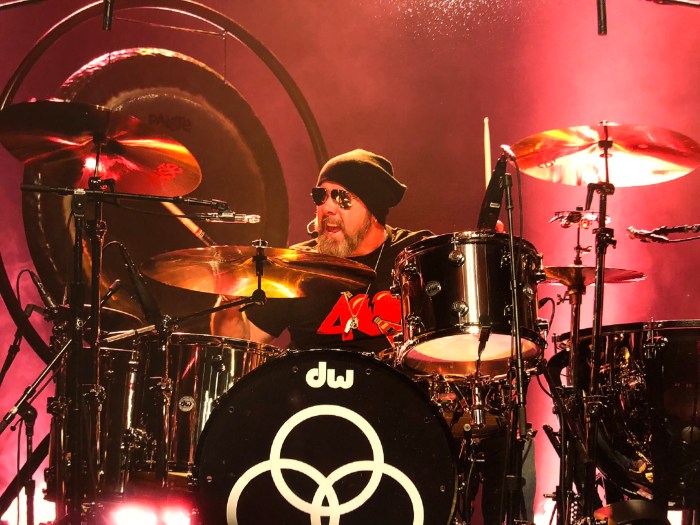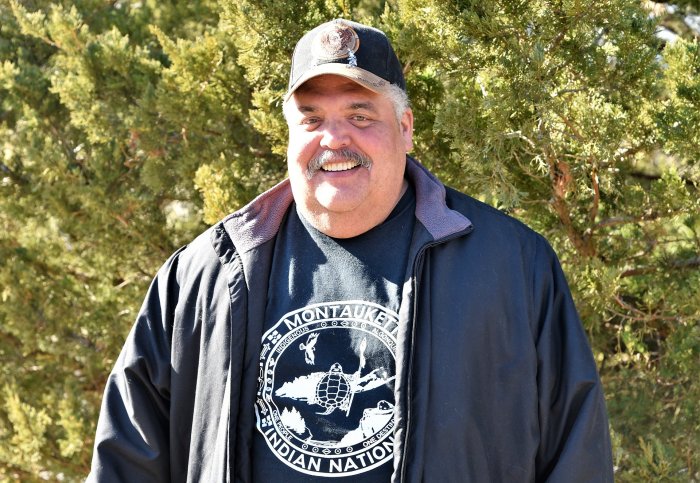After nearly four noncontinuous decades of making music, Black Sabbath is embarking on its final tour with founding members Ozzy Osbourne, Tony Iommi and Geezer Butler at the helm. (Drummer Bill Ward last played with them in 2011 before health issues caught up to him).Rightfully considered the godfathers of heavy metal, the group’s fascination with doom, gloom and the macabre oftentimes had them labeled by the ignorant and uninformed as a band with satanic leanings. (Osbourne’s favorite group happens to be The Beatles.) And while guitarist Tony Iommi’s use of dropped tunings, the band’s hard and heavy arrangements and songs often firmly leaning in a nihilistic direction led to the Sabs creating and defining a new genre, the Birmingham natives were far more nuanced in their approach to music than most people are aware of. The following is a primer for the novice and an invitation back to the die-hard fan.

Black Sabbath (Warner Brothers) [1970]
Kicking off with the title track that has Ozzy Osborne asking, “What is this that stands before me?,” the ominous riffs and bleak tone infuse this record that yields gems like the medley that includes “Behind the Wall of Sleep” and “NIB” along with “The Wizard,” one of the only times you’ll hear Osborne blowing out a harmonica solo.

Paranoid (Warner Brothers) [1970]
The one album even non-Sabbath fans know, this commercial breakthrough features radio staples like the title cut and “Iron Man” along with seminal numbers like “War Pigs” and “Fairies Wear Boots,” and die-hard faves like “Planet Caravan” and “Electric Funeral.”
 Master of Reality (Warner Brothers) [1971]
Master of Reality (Warner Brothers) [1971]
It’s all about the sonics on these eight songs that find guitarist Tony Iommi dropping the tone considerably as the band menacingly rumbles through classics like “Sweet Leaf,” the rumbling anti-war “Children of the Grave” and the melancholy “Solitude,” which phases in flute and acoustic guitar with Osborne’s subtle croon.
 Black Sabbath Vol. 4 (Warner Brothers) [1972]
Black Sabbath Vol. 4 (Warner Brothers) [1972]
Despite the stress of pumping out four albums in three years, Sabbath showed its resiliency with this 10-pack of songs that includes the chugging tour de force “St. Vitus Dance,” the crackling fusion of crushing riffs and infectious rhythm that is “Supernaut” and “Laguna Sunrise,” a gorgeous instrumental bathed in strings and subtle acoustic guitar phrasing that would never have you think this was a Black Sabbath song.
 Sabbath Bloody Sabbath (Warner Brothers) [1973]
Sabbath Bloody Sabbath (Warner Brothers) [1973]
Considered to be Sabbath’s masterpiece by many fans, the band’s heaviness never wavers starting with the opening title cut that alternates between being melodically soaring and a rumbling swagger. From here, the foursome conjure up moments of beauty (an effervescent piano-kissed “Fluff”), unwavering grooves (“Sabbra Cadabra”) and a masterful collision of musical worlds (Sabbath playing along with an orchestra on the delightfully melodic “Spiral Architect”).
Black Sabbath will be appearing on Aug. 17 at Nikon @ Jones Beach Theater, 1000 Ocean Pkwy., Wantagh. For more information, call 800-745-3000 or visit www.jonesbeach.com.




























